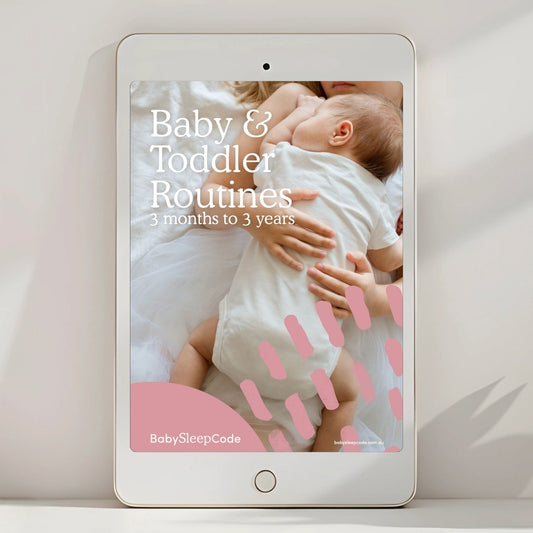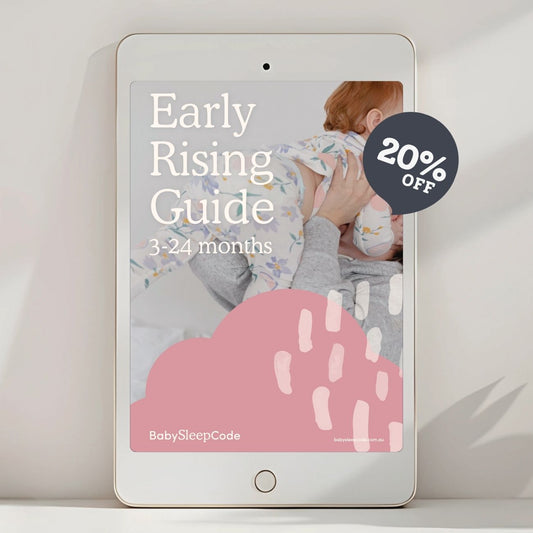You may have heard of developmental "leaps" described by The Wonder Weeks—as ten distinct periods when your baby is said to be extra fussy and unsettled, only to emerge from the storm cloud happier and more advanced. But are these leaps truly behind every sleepless night?
What Are Leaps?
The term “leaps” comes from the book The Wonder Weeks by Dr. Frans Plooij and Dr. Hetty van de Rijt. This book, first published in 1992, introduced the concept of 10 predictable developmental leaps occurring within the first 20 months of a baby’s life. The authors describe these leaps as periods where a baby undergoes significant mental development, often leading to temporary changes in mood, behaviour, and sleep patterns. Over time, the book’s popularity grew, and so did the reach of this concept, eventually leading to the creation of the Wonder Weeks app, which has been used by parents worldwide.
The Truth About Leaps
While the concept of leaps is widespread, it's crucial to understand that these claims are not supported by scientific or medical evidence. In fact, much of the research behind the book, which was based on studies of chimpanzees, has been widely discredited. The premise that human babies go through these exact leaps, in the same order, on a predictable timeline, simply lacks credible scientific backing.
Why You Should Ignore the Stormy Clouds
Relying on the idea of leaps to explain your baby’s sleep challenges can actually be misleading. Many parents are quick to attribute changes in behaviour or a sleep regression to a leap, when in reality, there may be other factors at play, such as illness, discomfort, or even avoidable regressions. These can be managed with the right knowledge and support.
For example, a common sleep regression often coincides with a developmental milestone, but it’s not necessarily caused by the milestone itself. Addressing the root cause—whether it’s a change in routine, sleep environment, or physical discomfort—can often resolve the issue without waiting for the leap to pass.
The Positive Side of Tracking Leaps
While we suggest skipping the leap theory in regards to sleep, there is still some value in understanding your baby’s developmental milestones. Knowing what skills your baby is developing can guide you in providing age-appropriate play and interaction, which supports their growth in a more constructive way.
The Bottom Line on Leaps
Leaps aren’t the reason behind every sleep struggle. By focusing on providing a consistent sleep environment, recognizing true causes of a regression, and getting the right support when needed, you can help your baby navigate developmental changes without unnecessary disruption.
If you’re finding sleep challenges persist, it might be time to look beyond the idea of leaps and consider a more comprehensive approach.
Our baby and toddler sleep guides are designed to support you through every stage of your little one’s sleep journey—from the newborn days to the toddler years.
Each program offers a comprehensive, step-by-step approach to help you understand exactly how to help your baby be a happy little sleeper. Stop catnapping, excessive night wakes, and gently guide them toward sleeping soundly through the night. No ‘Cry it Out’, just evidence-based, supportive strategies that consider the whole picture of your baby’s sleep.










